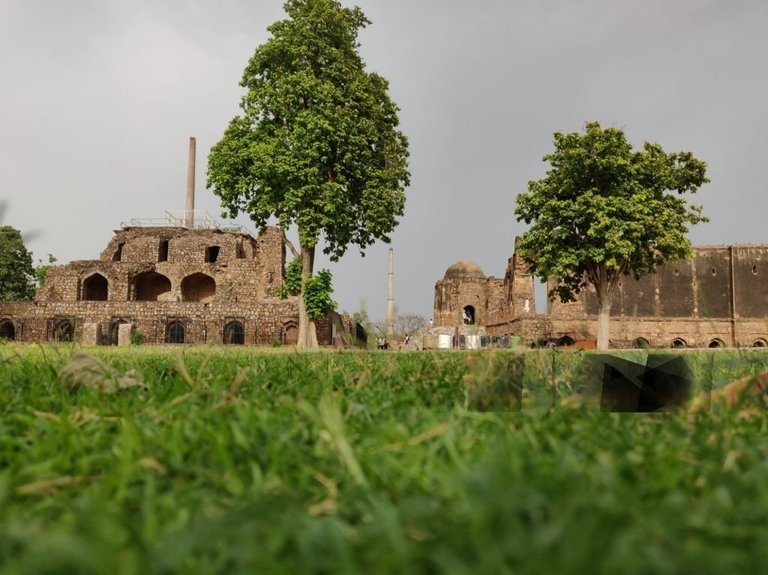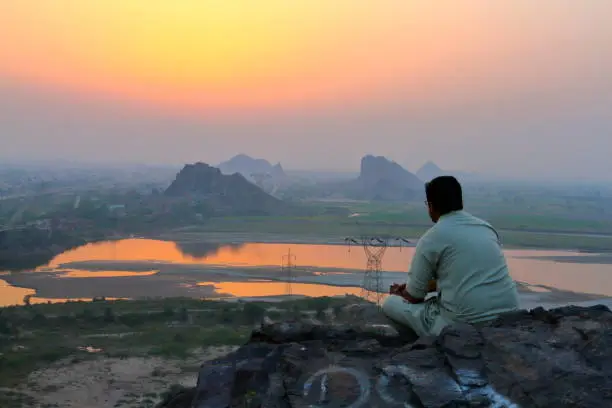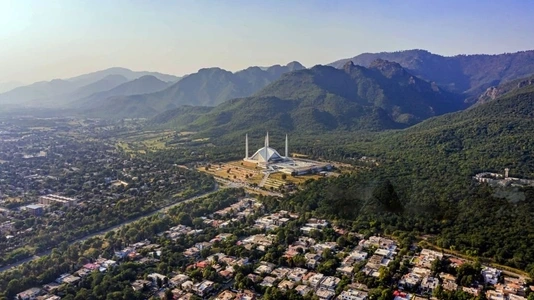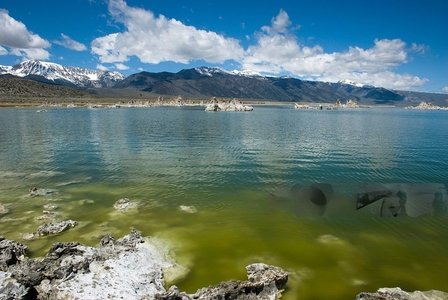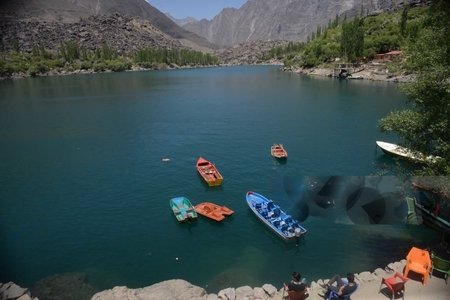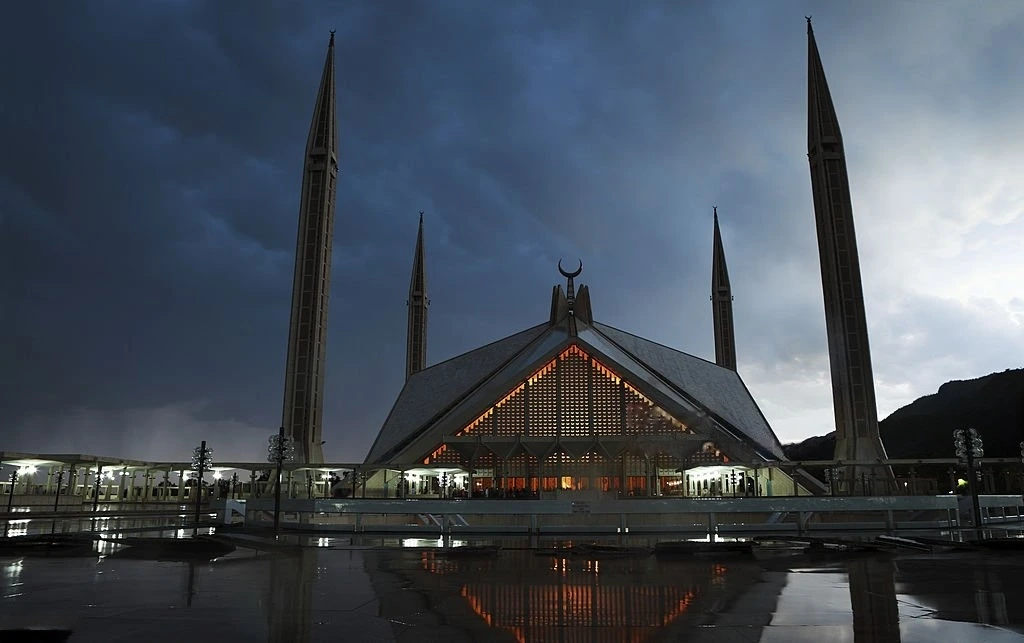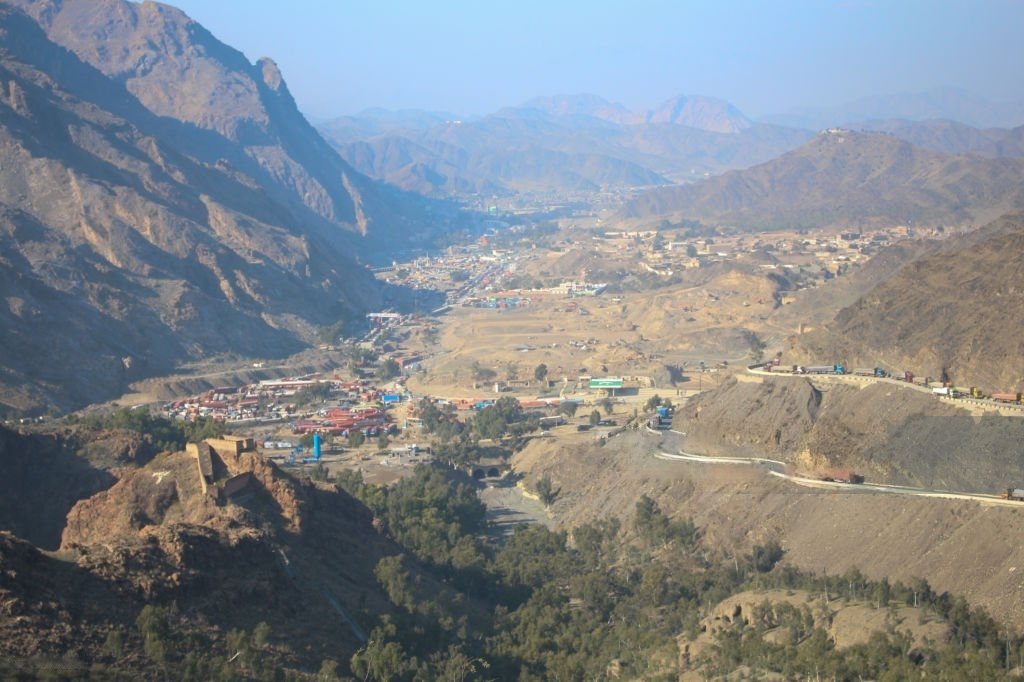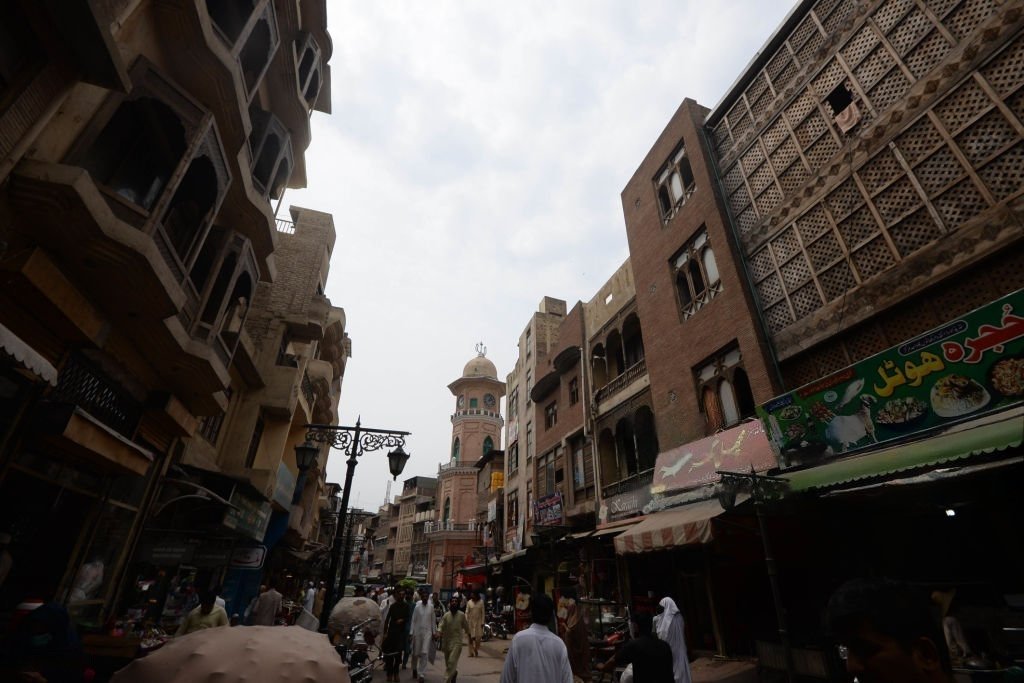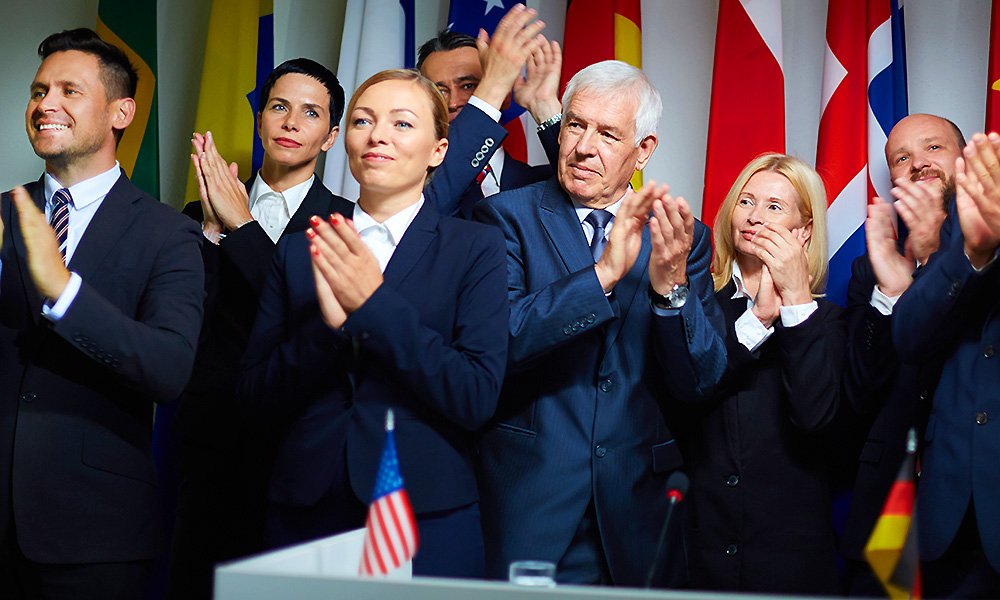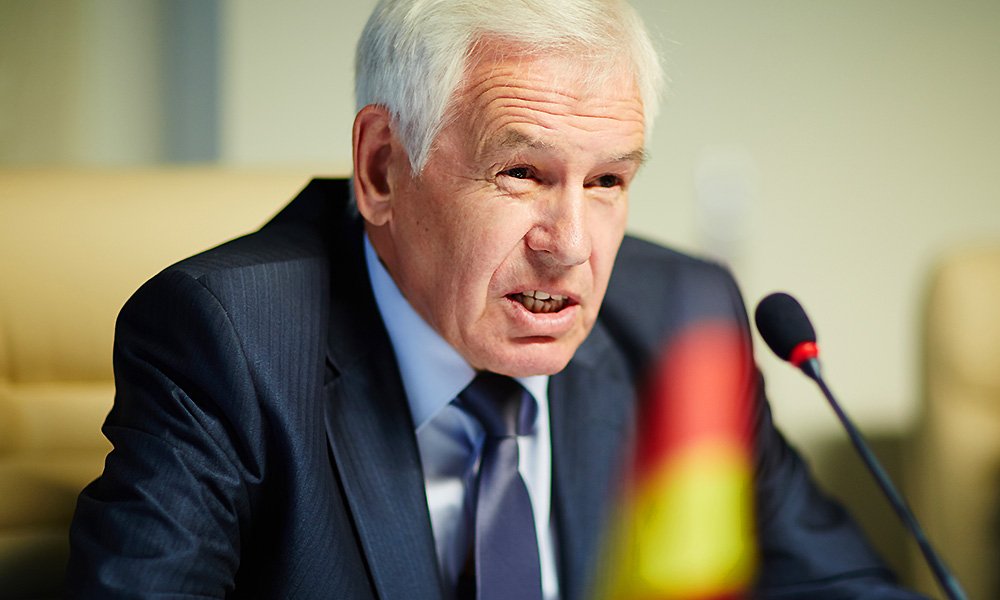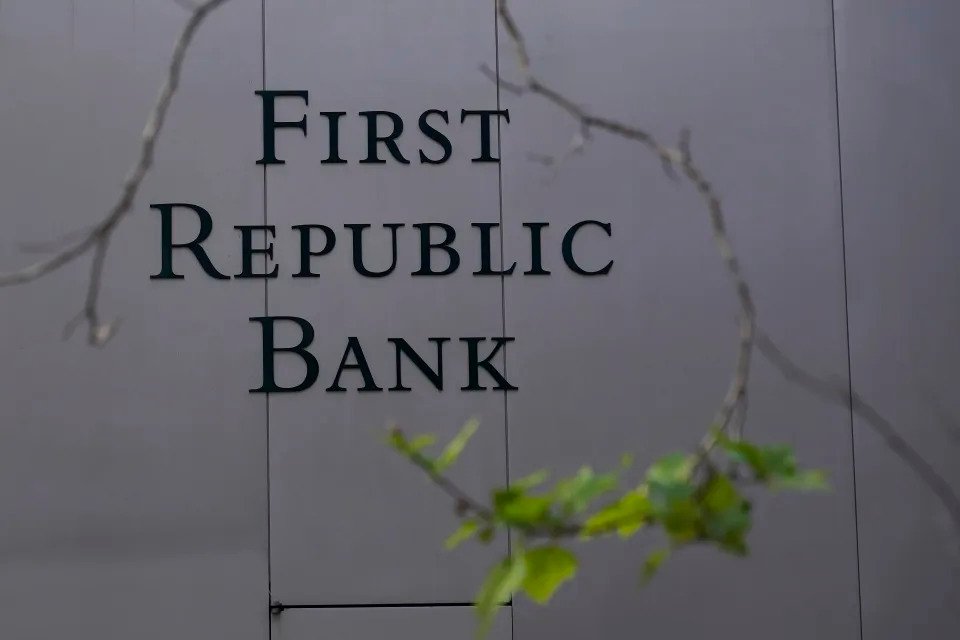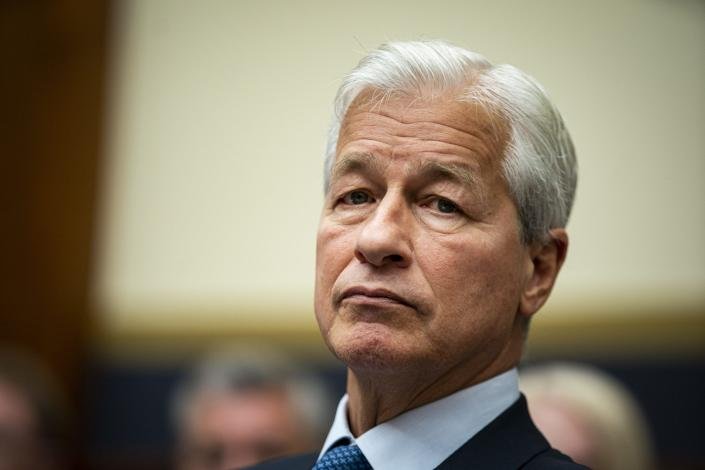Pakistan’s economy has been facing numerous challenges in recent years, hindering its path towards sustainable growth and development. The struggling economy of Pakistan is grappling with a range of issues that require careful understanding and strategic solutions.
One of the key challenges faced by Pakistan’s economy is the low economic growth rate. Despite efforts to boost productivity and attract foreign investment, the country has struggled to achieve consistent and robust economic growth. This hampers job creation, income generation, and overall prosperity for its citizens.
Another significant challenge lies in addressing the structural issues within the economy. Pakistan needs to focus on diversifying its industries, reducing reliance on a few sectors, and promoting innovation and entrepreneurship. By doing so, it can create a more resilient and inclusive economy that is less susceptible to external shocks.
Analyzing the Root Causes of Pakistan’s Economic Struggles
Pakistan’s economic struggles have been a topic of concern for policymakers and economists alike. To truly understand the root causes behind these challenges, it is crucial to analyze key factors such as the country’s GDP growth, inflation rate, fiscal deficit, unemployment rate, and corruption issues.
The GDP growth of Pakistan has been relatively stagnant in recent years, hindering its ability to sustain economic development. This lackluster growth can be attributed to various factors including political instability, inadequate infrastructure, and limited access to capital.
Inflation has also been a persistent issue in Pakistan’s economy. Rising prices of essential goods and services have placed a burden on the average citizen’s purchasing power, further exacerbating socio-economic disparities. Addressing inflation requires comprehensive measures such as effective monetary policy implementation and targeted price control mechanisms.
Read more: Advancing Pakistan’s Agricultural Revolution into the Modern Era
The Role of Government Policies in Reviving Pakistan’s Economy
The role of government policies in reviving Pakistan’s economy cannot be overstated. To promote economic growth and attract investment, the government has implemented a series of economic reform policies aimed at creating a favorable business environment.
One key aspect of these policies is investment promotion. The government has introduced various measures to encourage both domestic and foreign investors to invest in Pakistan. These include providing incentives such as tax breaks, streamlined bureaucratic processes, and offering attractive investment opportunities in sectors with high growth potential.
Tax reforms have also played a crucial role in reviving the economy. The government has implemented measures to simplify the tax system, reduce tax rates, and broaden the tax base. This not only encourages compliance but also stimulates economic activity by freeing up resources that can be reinvested into businesses.
Exploring the Importance of Foreign Investment in Boosting Pakistan’s Economy
Foreign investment plays a crucial role in boosting Pakistan’s economy, bringing with it numerous benefits and opportunities. The country recognizes the importance of attracting foreign direct investment (FDI) to stimulate economic growth, create jobs, and enhance technological advancements.
By actively seeking out foreign investors, Pakistan can tap into new sources of capital and expertise that can contribute to the development of various sectors such as infrastructure, manufacturing, and services. This influx of funds not only helps in bridging the investment gap but also facilitates the transfer of advanced technologies and managerial practices.
Trade agreements and partnerships also play a significant role in attracting foreign investment. By establishing favorable trade policies and forging strategic alliances with other nations, Pakistan can create an environment that is conducive to international business transactions. These agreements provide investors with confidence in the stability of the market and ensure a level playing field for both domestic and foreign businesses.
Conclusion: Implementing a Holistic Approach for Sustainable Economic Growth in Pakistan
In conclusion, implementing a holistic approach is crucial for achieving sustainable economic growth in Pakistan. By considering all aspects of development, including social, environmental, and economic factors, we can ensure long-term prosperity for the nation.
To successfully implement this approach, it is essential to devise effective strategies that address the unique challenges faced by Pakistan. These strategies should focus on promoting inclusive growth, reducing poverty and inequality, and creating opportunities for all segments of society.
Furthermore, collaboration between various stakeholders is key to the successful implementation of these strategies. Government agencies, private sector organizations, civil society groups, and international partners must work together towards a common goal of sustainable economic development.












